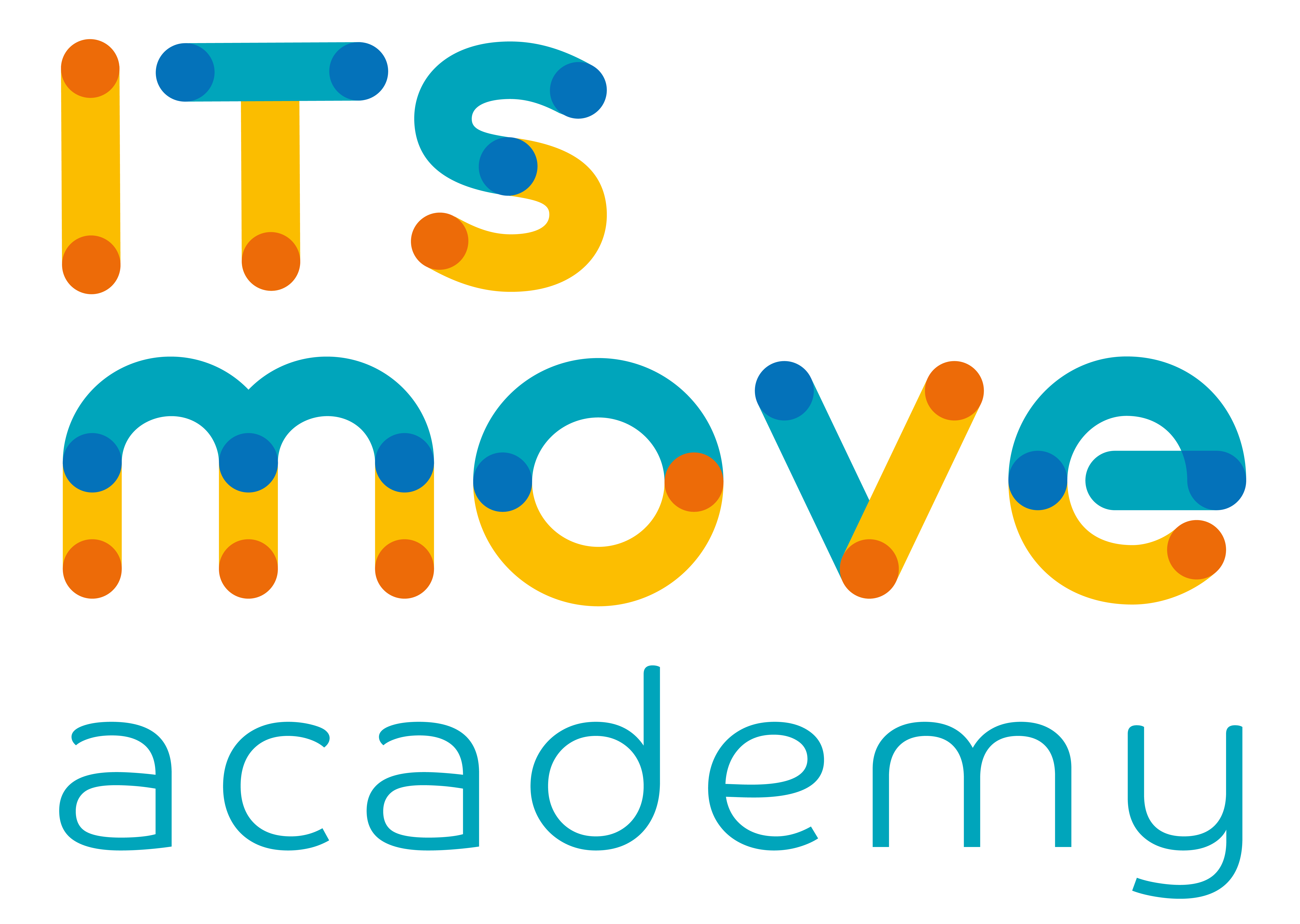Table of Contents
In an increasingly dynamic and innovation-oriented working environment, the ITS pathways represent a concrete response to the demand for specialised technical skills. In 2025, interest in these institutes is growing steadily, driven by a labour market that rewards practical, results-oriented training. But why choose an ITS today?
Embarking on an ITS pathway can be a strategic choice for those seeking a quick and qualified entry into the world of work. The Higher Technological Institutes (ITS) offer two-year postgraduate training, built in close cooperation with companies, public bodies and universities.
The aim is to train highly specialised professionals who are ready to work in innovative contexts. L'ITS enrolment is therefore a direct gateway to expanding sectorswhere digital, green and technical skills are crucial.
The most popular ITS courses in 2025
In 2025, some sectors stand out in terms of the number of requests from companies, high employment rates and constant innovation. Among them, we find:
1. Sustainable mobility and logistics 4.0
Transport and logistics are at the centre of major transformations. Digitalisation, sustainability and automation are revolutionising the sector. The ITS courses in logistics and sustainable mobility train technicians capable of managing freight flows, planning intelligent transport, and using advanced tracking and data analysis tools. In particular, profiles such as the 'superior technician for the mobility of people and goods' are increasingly sought after.
2. ICT and software development
L'Information and Communication Technology remains one of the strongest sectors in terms of employment. The ITS courses dedicated toICT prepare people capable of developing software, managing networks, implementing cloud solutions and working in cybersecurity. In 2025, companies will be looking for technical developers, systems engineers, data experts and artificial intelligence specialists.
3. Industry 4.0 and industrial automation
Italian manufacturing is increasingly focusing on advanced technologies and digitisation of production processes. ITS courses geared towardsindustrial automation and the mechatronics train central figures for this transformation: automated plant programmers, 4.0 maintenance engineers, production analysts.
4. Green economy and energy transition
La sustainability is one of the keywords of the future. The focus on renewable energy, energy efficiency and the circular economy paves the way for new technical profiles. ITS courses in the field of energy and the environment prepare professionals capable of designing photovoltaic systems, managing environmental monitoring systems, and contributing to the ecological transition of companies and territories.
5. Experiential tourism and territorial marketing
Tourism is also evolving: companies are looking for professionals able to enhance the territory, create customised experiences, and use digital to promote destinations and services.
In addition to technical preparation, ITS courses increasingly focus on the transversal competences: ability to work in a team, problem solving, effective communication, knowledge of technical English and spirit of initiative. These elements are essential to distinguish oneself and grow within organisations.
For those who are thinking of embarking on this path, it is useful to know that theITS enrolment usually takes place between June and October, with selection tests based on tests and motivational interviews. It is important to monitor the websites of ITS foundations for specific dates and requirements.
The courses are aimed at high school graduates, but in some cases even those with a vocational qualification can enter, depending on the path chosen. The distinctive element of ITS courses remains the strong ties with enterprises. Each course includes at least the 30% of hours in the company, through internships which often turn into employment contracts. The data confirm this: more than 80% of ITS graduates find a job within one year of completing the course.
Choosing an ITS in 2025 means investing in a concrete future. Companies are looking for competent technical profiles, capable of responding to new production, environmental and digital challenges, and the courses intercept the real needs of the world of work and open the way to innovative, technical and exciting professions.

Author of the article
ITS MOVE - Editor



